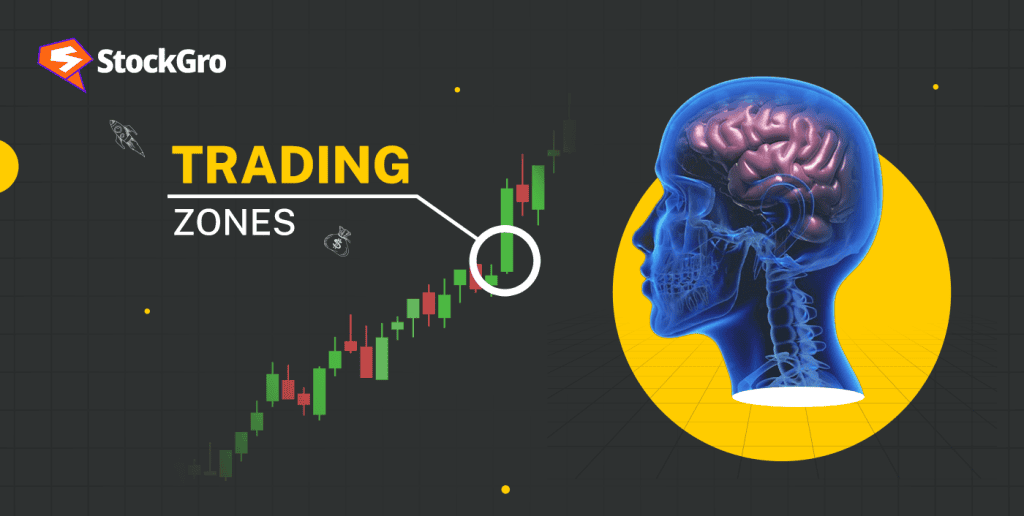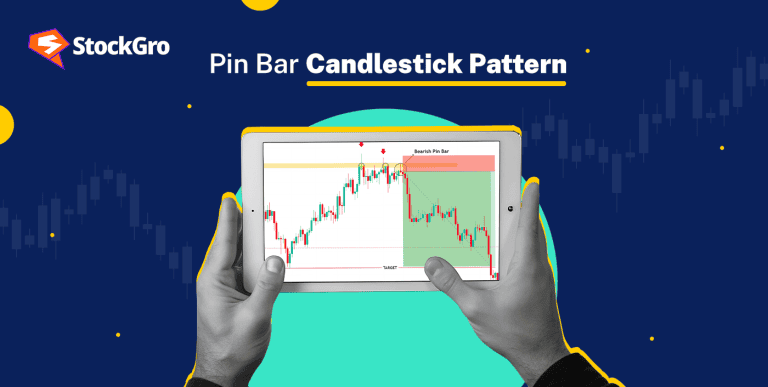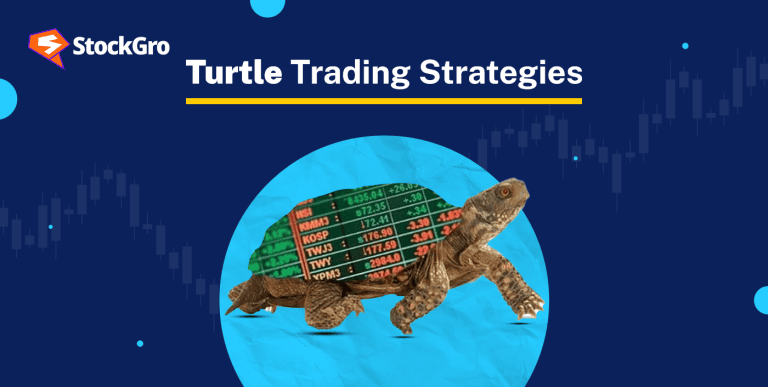
Successful traders have frequently stated that having a disciplined mindset is crucial to their trading success. Countless books have been written emphasizing the significance of having discipline for becoming a successful trader.
According to the Securities and Exchange Board of India (SEBI) 7 out of 10 traders lose money. A big reason for this is lack of trading discipline. In this article, let us explore some practical techniques of how you can have the trading mindset of a successful trader.
Also read: The psychology of money: What you need to know
Biases faced by traders and investors
Before getting into why traders should have a disciplined mindset, let us first understand why a trader needs these tips. What common biases are we trying to tame?
Loss aversion bias: Traders often hold the losing trades expecting it to turn profitable. They square off their position as soon as it becomes profitable, missing the whole move. These are the classic examples of loss aversion bias that every beginner faces.
Overconfidence bias: Overconfidence bias occurs when people overestimate their knowledge. In finance, investors may believe they can consistently outperform the market or underestimate risks, leading to overtrading.
Self-control bias: Even after placing stop-losses and profit targets, traders keep watching the screen. If the trade goes into red, they get worried and impulsively square off the position. This impulsive meddling with the system and trading plan is called self-control bias.
Hindsight bias: Traders believe that they correctly predicted past events. Many traders believe that the bubble of 2008 was clear, but at that moment, it was not. This sometimes distorts their future decisions.
Regret aversion bias: Admit it! You must have done it at least once when you were tracking a stock for quite some time. It went slightly up, and you purchased it even though it was not wise to buy at those elevated levels. This regret aversion bias fools traders into making bad decisions.
Confirmation bias: This is a very common phenomenon in the stock markets. Traders give more weight to the information that aligns with their thinking. For example, a trader will give more weight to positive news about a stock they are holding and less weight to the negative news that can lead them to hold a stock when they should not.
Also read: Passive income ideas for financial freedom
Techniques to become a disciplined trader
Let’s see some practical methods you can use to become a more successful trader and overcome emotional and cognitive biases to increase your trading focus:
- Create a robust trading plan: A good trading plan includes clear rules for entry and exit, risk management and position sizing rules, and proper stop loss and profit targets. A good trading strategy can be easily quantified. You are less likely to make mistakes and impulsive moves when you have proper rules for everything. It is necessary to keep updating and testing the rules in the latest market environment.
- Practice mindfulness: Whenever you feel anxiety, frustration, or greed, just take a deep breath and consult your trading plan. In such a case, you can write down your thoughts and distract yourself to avoid making a decision you know you will later regret. Try to remember what happened when you did the same last time.
- Limit distractions: Trading requires a lot of focus and is a tiring job, so you should limit your screen time. Once you have entered a position and the stop loss and profit target is set, you should not get distracted by market noise or any news that may hinder your analysis.
You should take regular breaks and try to avoid using social media or any other distraction during your trading session.
- Keep a trading journal: A trading journal is not your profit and loss account. This is a journal you write about your trading like, why did you enter a trade, what was your thinking process and how you think you can improve. By doing this simple activity, you can keep track of your feelings and avoid making emotional decisions.
- Set realistic goals: Beginners in stock markets enter with a mindset that they can be rich overnight by making phenomenal gains, but in no time, the market shows them the reality. This leads them to take on a lot more risk. Always set realistic goals and understand that building wealth from stock markets is a slow process. It takes years and a lot of hard work.
- Keep learning: Never stop learning. This is true about both trading and your emotions. Markets will always keep giving you new scenarios where you will react very differently. Keep learning and keep improving. Talk to a mentor, listen to podcasts, and read books to understand trading psychology better.
Also read: How to master financial freedom formulas and become an intelligent investor
Bottomline
Everybody is different, their mind works differently, so they react differently. That is why there are no set rules for mastering trading psychology. A good trading mindset is something developed by trial and error and finding what works best for you.
Trading and trading psychology is something that a trader learns with experience. This is not something you read once and become an expert at. You have to constantly practice it. This article gives you practical tips that might help you master psychology with practice. This is a time-consuming process.
FAQs
1: Why is a trading mindset necessary?
A good trading mindset saves you a lot of pain, in terms of losses. Traders have a tendency to make trading decisions impulsively, similar to gambling. A good understanding of biases and some simple ways to overcome them is a good start towards being a master of trading mindset.
2: How do you not make emotional trading decisions?
Controlling your emotions and impulses while trading is a difficult task. It is something you learn slowly with experience. Initially, for a beginner trader, journaling can help a lot. Writing down your thoughts while trading helps you contemplate later and make better decisions.
3: How can you learn more about trading mindset?
A beginner can start learning about trading from various books, articles, podcasts, watching interviews of successful traders, or from a mentor. After understanding the basics of trading psychology, a trader builds upon it in live markets, slowly with experience.
4: What do I do if I can not control my emotions while trading?
If you find it difficult to control your emotions, then you should immediately stop trading using real money. You can first practice paper trading using virtual currency on platforms such as StockGro. Virtual trading will help you learn even if you make losses, you can start again.
5: Is algorithmic trading affected by a trading mindset?
Algo trading is not directly impacted by human emotions. But sometimes traders meddle with the system itself. Traders have a tendency to change the code or program when everything is not going as per their imagination.

